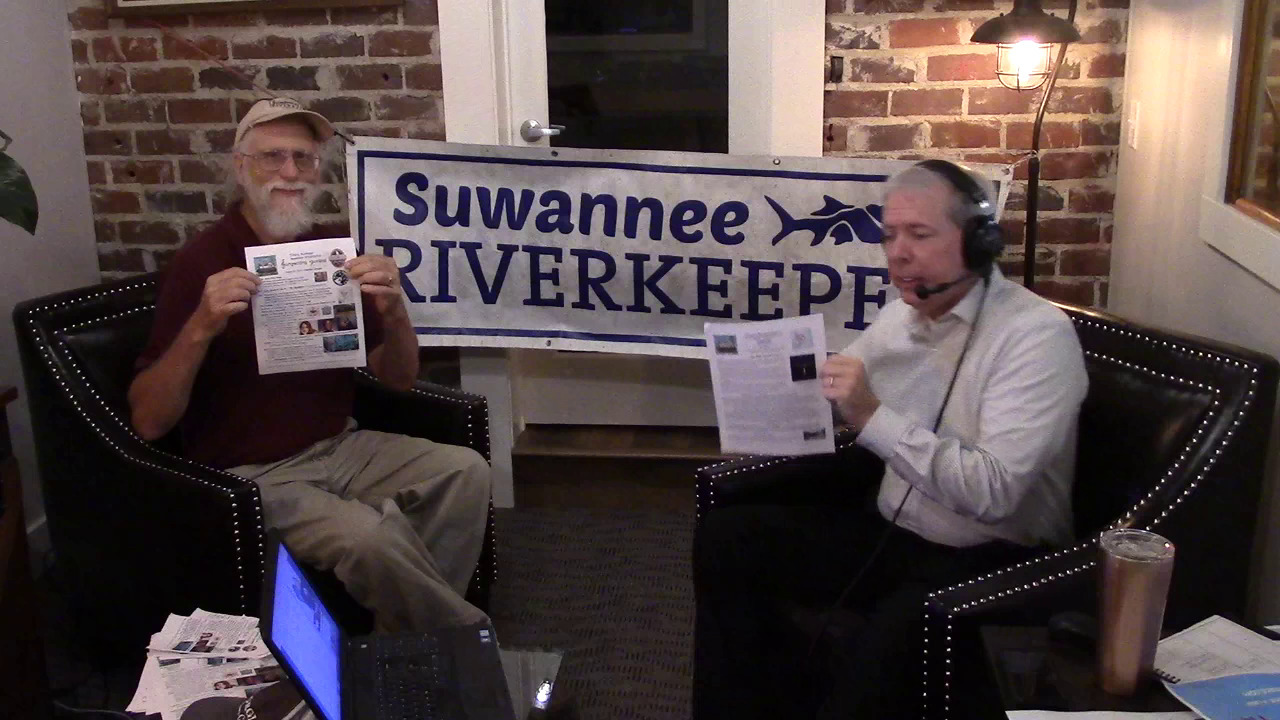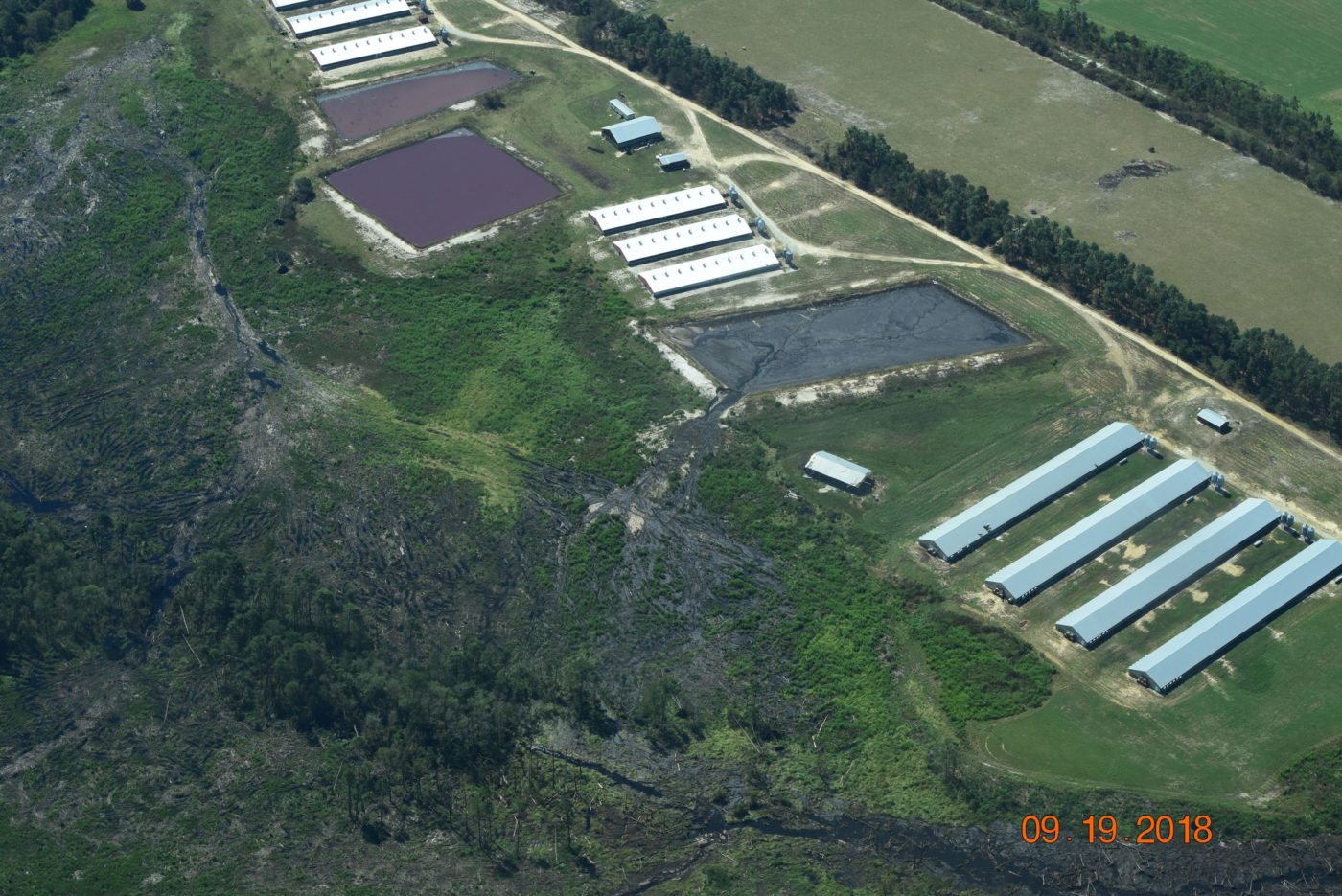Update 2020-09-11: fixed document and map links and added form for comments.
The Adel City Council had no questions after their Public Hearing on annexation and rezoning for a wood pellet plant, Tuesday, September 9, 2020, after thirty minutes of speakers for and against.
That was just the first reading. The second reading will be 5:30 PM, Monday, September 21, 2020, at Adel City Hall.
![[Maps and speakers, wood pellet plant, Adel City Council 2020-09-08]](https://www.wwals.net/pictures/2020-09-08--adel-city-council/many.jpg)
Maps and speakers, wood pellet plant, Adel City Council 2020-09-08
After the meeting I asked the City Manager, the City Clerk, and a couple of City Council members what maps and plans they had looked at. They all said they hadn’t seen any, and maybe I should talk to Economic Development. So I asked her, and she didn’t seem to indicate she’d seen any.
Yet there are maps and plans in the air permit application to GA-EPD, and others reviewed by the Planning Commission, which, as the City Manager pointed out during the meeting, issued a Public Notice of its public hearing on July 6, 2020. I don’t know why these state and county agencies have not published these documents, nor why the City of Adel has not. But those are public documents, so here they are (see Air Quality Permit maps and Planning Commission maps).
Below are videos by Lowndes Area Knowledge Exchange (LAKE) of the pellet plant part of the Adel City Council meeting. See also the agenda and the WWALS letter to the Adel City Council. See also some helpful documents by the Dogwood Alliance
And this handy Dogwood Alliance form to send a comment to the Adel City Counci l.
By the way, this kind of work does take time and effort, so feel free to contribute to WWALS. . Continue reading

![[Radio, History, Waterworks, Georgia Beer Co.]](https://www.wwals.net/pictures/2020-08-18--suwrk-steve-nichols-radio/trio.jpg)
![[First Prize, Suwannee Riverkeeper Songwriting Contest]](https://www.wwals.net/pictures/2020-08-18--suwrk-steve-nichols-radio/20200820_135723.jpg)

![[Human and Ruminant DNA markers]](https://www.wwals.net/pictures/2020-08-05--fdep-data/big/hr3.jpg)
![[Accuweather Radar]](https://www.wwals.net/pictures/2020-07-22--wq/accuweather-radar.jpg)
![[Withlacoochee River, Swim Guide]](/pictures/2020-07-11--wq/map-swim-guide-withlacoochee-river.jpg)
![[Dirty Knights Ferry, Nankin, FL 6]](/pictures/2020-07-11--wq/2020-07-05-11--dirtydown.jpg)
![[Landings, Suwannee River Basin, WWALS Map]](/pictures/2020-07-11--wq/map-wwals-landings.jpg)
![[Little River, Swim Guide]](/pictures/2020-07-11--wq/map-swim-guide-little-river.jpg)

![[The catch]](https://www.wwals.net/pictures/2019-03-10--onemile-branch-cleanup/20190310_143954.jpg)
![[More rain means...?]](https://www.wwals.net/pictures/2020-06-11--wq/2020-06-09-12--morerain.jpg)
![[Naylor Boat Ramp (portrait)]](https://www.wwals.net/pictures/2020-06-13--naylor-upstream-alapaha-pictures/20200610_185212-rot.jpg)
